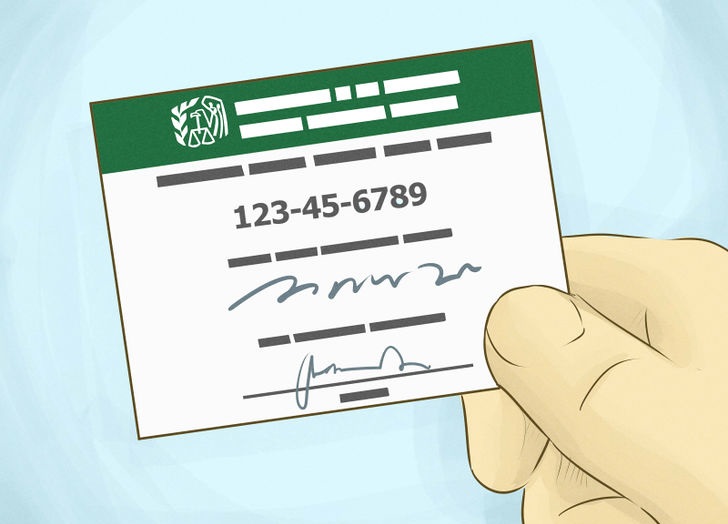Every financial entity, whether it is an individual or a business or corporation, must have some type of Federal Tax ID number (TIN) in order to be recognized by the IRS at tax time. This requires filling out a tax ID number application. When starting up a business, however, it’s important to understand the difference between a tax ID number and an Employer Identification Number (EIN).

1. The Name
Generally speaking, TIN and EIN are two different names for a 9-digit number assigned by the national government with essentially the same purpose: to identify a tax-paying unit. These appear on official IRS documents such as tax returns and, for a business with employees, they use this number (usually an EIN) whenever they pay withholdings for insurance.
2. Business Versus an Individual
A Tax ID Number, or TIN, is assigned to both individuals and business. However, an Employer Identification Number, or EIN is only assigned to and required for businesses who employ other people (hence the need for them to be identified as an ‘employer’). For individuals who don’t own a business, they will usually use a different type of TIN, like their Social Security Number.
3. Wide-ranging Versus a Specific Term
TIN is a much more wide-ranging expression, referring to several different types of federal ID numbers. For an individual, a Social Security Number is a type of TIN. There is also an Individual Tax ID number (ITIN) used for immigrants and non-U.S. residents required to pay federal taxes. Simply put, an EIN is a type of TIN used to identify a specific entity as a tax-paying business with employees.
Perhaps someone owns a business and has set it up as an LLC, for instance. For personal taxes, the owner uses their own TIN (which might be their SSN), but they probably have an EIN, as well to use when filing taxes for their separate LLC.
Need to register for a TIN or an EIN? Contact Gov Doc Filing today for a dependable EIN filing service.












Add Comment